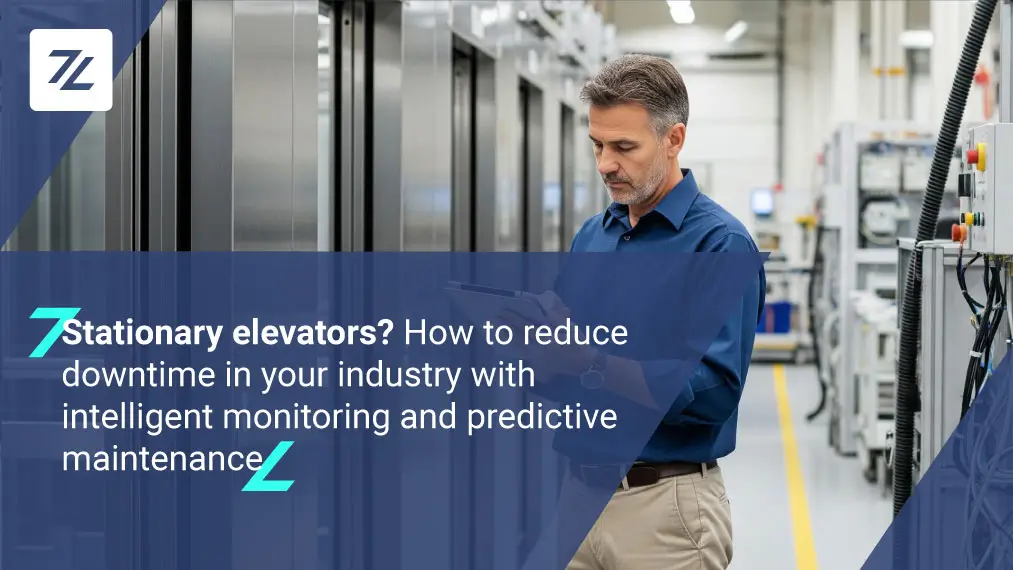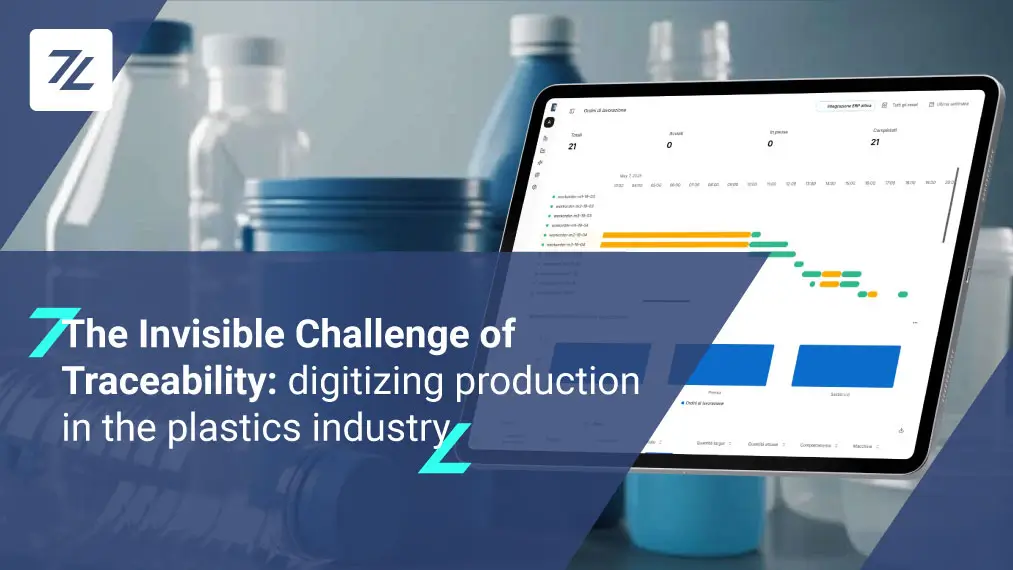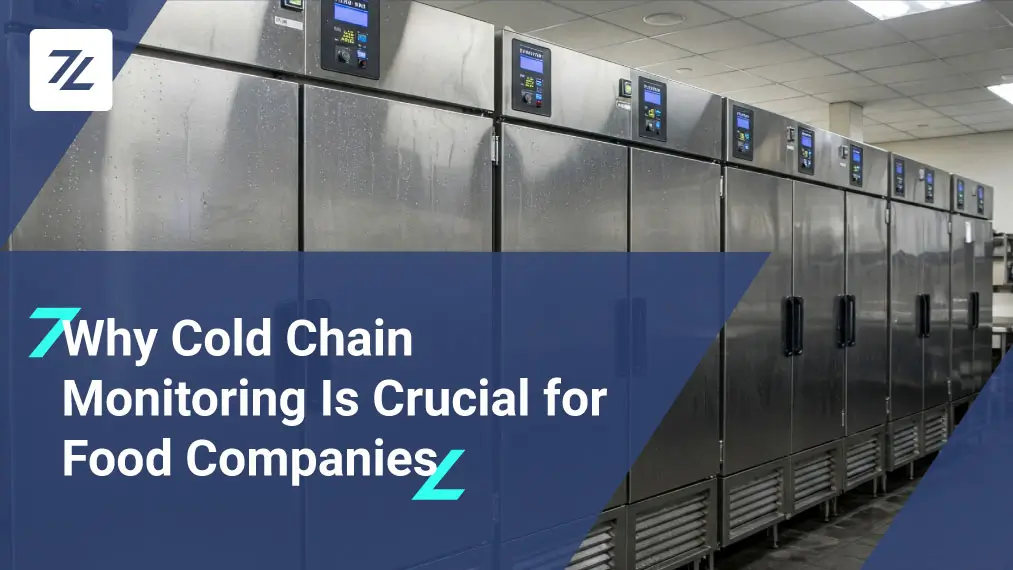Recycle: bring back into the production cycle or more generally reuse waste or waste materials from previous production processes.
In a more figurative way, the Treccani Encyclopedia also uses this term to indicate the action of putting something old back into use or repurposing something in a new guise.
And what about a 4.0 perspective?
When we celebrated International Recycling Day, we asked ourselves what meaning the term recycling could assume in Industry 4.0. Let’s try to imagine for a moment that we are in an industrial plant. What does it mean to recycle in this context?
New technologies continuously produce newer machinery with more sophisticated functions, thereby animating the industrial market, of avid competitors, in a constant search for the most innovative product. However, it would not be sustainable, either from an economic or environmental point of view, to think about replacing a machine every time a new or more efficient model, or one with greater potential, is released. The vast majority of industrial machinery fleets, in fact, are mainly made up of machinery that is 20-30 years old and still functioning, but not performing completely.
A more efficient and monitored production
What these machines lack is the ability to extract production data and then process and exploit this for monitoring the operating parameters in the plant.
In order to obtain clear results, in a short time, it is essential that the company decide to undertake a complete digitization process, implementing all the fundamental steps to approach a new paradigm.
According to Deloitte, in order to ensure a successful digitization project, it is necessary to:
- Develop a roadmap for a transition to 4.0: clarify the return on investment (ROI) by designing a clear conversion path;
- Start from what you already have and increment one step at a time: a 4.0 transition process must initially provide for a reduced investment, so as to easily allow you to change the process or the technology itself in which you are going to invest;
- Prefer open, standard, and well-documented technologies: in this way it will be possible to purchase the machinery and technologies that best suit the actual production needs of the company, thus, bypassing possible limits of lack of openness and accessibility of protocols often used in the industrial sector;
- Pay attention to data security: use adequate cybersecurity standards that guarantee data is protected and not accessible from external attacks.
IoT technologies, therefore, prove to be indispensable for providing industrial machinery with additional features, such as the collection of production data, the processing of the data itself, and the production of KPIs necessary to improve the efficiency of the global production process.
Zerynth technology, in particular, is able to retrofit industrial machinery. This is a solution that allows you to add new features in a minimally invasive way and equip the machinery with typical features of industry 4.0 both in brownfield scenarios (aged machinery of 20-30 years) and greenfield scenarios (machines already equipped with IP addresses and a network card).
Through integrating the hardware platform and the cloud, it is possible to produce the “digital twin” of any modern or dated industrial machine and manage the data from it in a simple and intuitive way by enabling storage and using dashboards.
If you are interested in learning more about this issue and how the Zerynth platform works, you can read more about retrofitting in the white paper “Industrial Machine Retrofitting – The opportunity to evolve your company in Industry 4.0 in a sustainable way”.
The environment as a first resource
The industrial sector is among the most developed in the European economy and, for this reason, it is one of the main factors responsible for over half of the total emissions from some of the major pollutants and greenhouse gases. Other important environmental impacts like the atmospheric release of pollutants into water and soil, waste generation, and excessive energy consumption also play a part in the overall impact the industrial sector has generated.
Franco Amelio, Sustainability Leader of Deloitte Italia, in presenting the “CxO Sustainability Report 2022: based on over two thousand interviews with business leaders from 21 countries and the main industrial sectors, between September and October 2021, declares that:” 80 of the one hundred members of Italian top management, with reference to their business, have already been hit by extreme climatic events of various natures and extents during the last year “.
It is, therefore, necessary that companies take concrete actions to introduce lasting solutions and that they consider environmental impact when employing their best practices by:
- Adopting sustainable materials
- Buying renewable energy
- Using climate-friendly products or services
- Adopting sustainability strategies
To these points, I would add the importance of preferring technologies that are capable of monitoring data related to air pollution (e.g. Co2 and combustion of fossil fuels), of waste materials produced by the machine (and that perhaps are dumped into the water or r leached in the soil), and the energy consumed compared to actual needs of the plant.
All techniques that, in the long run, are able to be reused – and in this sense recycled – that what industry already possesses, but using it to the fullest for the benefit of the environment as well.
Incentives for the circular economy
Industry 4.0 also prefers consensus and sensitivity in the areas of production, through employing the rule of the “6 Rs: reduce, reuse, recycle, recover, redesign and remanufacture”. It is essential to create products made with processes that minimize the environmental impact and save energy without wasting valuable natural resources.
In this way, an economy defined as circular is favored. A system developed through a complete transformation process that concerns itself with the business models, technologies, and skills of Industry 4.0.
The Italian government allocated 678 million Euros to Italian SMEs for enabling technologies that were identified by the Transition 4.0 plan. In addition, another two million Euros were allocated for companies that in 2019 and 2020 purchased recycled or compostable products. This was done in an effort to support Italian companies and the circular economy, recycling, energy efficiency, and Industry 4.0. These small steps and investments facilitate even better sustainability in the industry.
To understand how the 2022 incentives and benefits work for companies that are preparing to embark on a transition plan 4.0, we invite you to learn more by reading our white paper
Transition Plan 4.0 and PNRR – The tax credit for capital goods 4.0
Share This Story, Choose Your Platform!
Follow Zerynth on
Latest Posts



